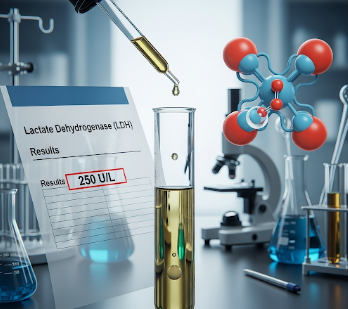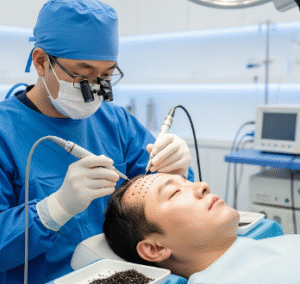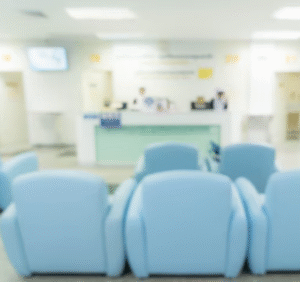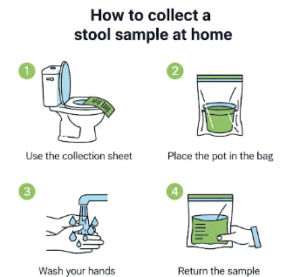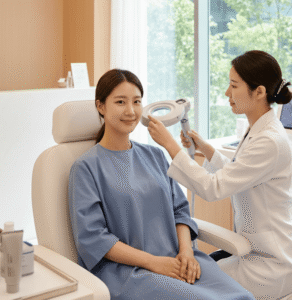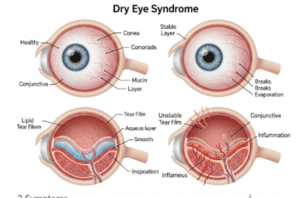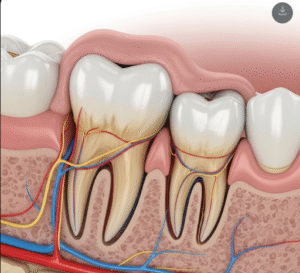What it is
The Lactate Dehydrogenase (LDH) test is a blood test that measures the level of LDH enzyme in your body. LDH is an enzyme found in almost all body tissues, including the heart, liver, muscles, kidneys, lungs, and red blood cells. It plays a key role in the conversion of sugar into energy.
Key points:
- Measures the amount of LDH enzyme in the blood.
- Helps detect tissue damage or disease in the body.
- Usually done alongside other tests to diagnose or monitor medical conditions.
- Non-invasive with a simple blood draw.
Why it’s done
LDH tests are performed to:
- Detect tissue damage or cell destruction: High levels indicate that cells are damaged or dying.
- Diagnose medical conditions: Such as heart attack, liver disease, anemia, hemolysis, muscle injury, or certain cancers.
- Monitor disease progression: For patients with liver disease, cancer, or infections.
- Assess response to treatment: Evaluate effectiveness of therapies for cancer or other conditions.
Note: Elevated LDH levels are not specific and must be interpreted with other clinical tests and patient history.
Alternatives
Other diagnostic tests that may be used alongside or instead of LDH testing include:
- AST/ALT tests: Assess liver function.
- CK (Creatine Kinase) test: Detects muscle or heart damage.
- Hemoglobin or complete blood count (CBC): Evaluates anemia or blood disorders.
- Cardiac enzymes (troponin): Detects heart damage or heart attacks.
- Imaging studies: MRI, CT, or ultrasound to locate tissue damage.
Important: LDH testing is broadly indicative and is rarely used alone to diagnose a specific disease.
Preparation
LDH testing requires minimal preparation:
- Fasting: Usually not required, but follow doctor’s instructions if combined with other blood tests.
- Medication disclosure: Inform the lab about current medications or supplements.
- Hydration: Drink water to make blood draw easier.
- Avoid strenuous exercise: Heavy activity prior to the test can temporarily raise LDH levels.
Patient instructions:
- Wear comfortable clothing for easy access to a vein.
- Relax during the procedure to prevent fainting or dizziness.
- Discuss previous medical conditions or symptoms with the clinician.
How it’s done
The LDH test is a simple blood test performed in a clinic or hospital:
- Blood collection:
- A healthcare provider selects a vein, usually in the arm.
- The area is cleaned, and a needle is inserted to draw blood.
- Typically, 5–10 mL of blood is collected in a test tube.
- Sample handling:
- Blood is sent to the laboratory for analysis.
- LDH enzyme levels are measured and reported in units per liter (U/L).
Duration: Blood collection takes only a few minutes, with results available within hours to a day depending on the facility.
Recovery / Post-Test Considerations
Recovery from the test is immediate:
- Minor bruising or discomfort may occur at the needle site.
- Normal activities can resume immediately.
- Follow-up: Your doctor will interpret the LDH level in context with other tests and clinical findings.
Benefits of testing:
- Provides early indication of tissue damage.
- Supports diagnosis and monitoring of serious conditions like liver disease, cancer, or heart problems.
- Helps guide treatment decisions in combination with other tests.
Complications / Risks
LDH testing is safe with minimal risks:
- Bruising or bleeding: Minor, usually resolves in a few days.
- Dizziness or fainting: Rare, usually in sensitive individuals.
- Infection at needle site: Very rare if proper hygiene is maintained.
Prevention:
- Ensure qualified personnel perform the blood draw.
- Apply pressure and a bandage to the puncture site.
- Monitor for any persistent pain or redness and inform a doctor if needed.
Treatment Options in Korea
LDH testing is widely available in hospitals, clinics, and diagnostic laboratories across Korea:
Key features:
- Performed in general hospitals, specialized labs, and health check-up centers.
- Often included in comprehensive blood panels for health screening.
- Results are interpreted by experienced clinicians in conjunction with other lab findings.
- Useful for diagnosis, monitoring, and follow-up in a variety of conditions.
- Rapid testing options are available in major hospitals in Seoul, Busan, and other cities.
Summary: The Lactate Dehydrogenase (LDH) test in Korea is a safe, simple, and valuable diagnostic tool for detecting tissue damage and monitoring various medical conditions. When combined with other tests and clinical evaluation, it provides critical information to guide patient care and treatment decisions.

